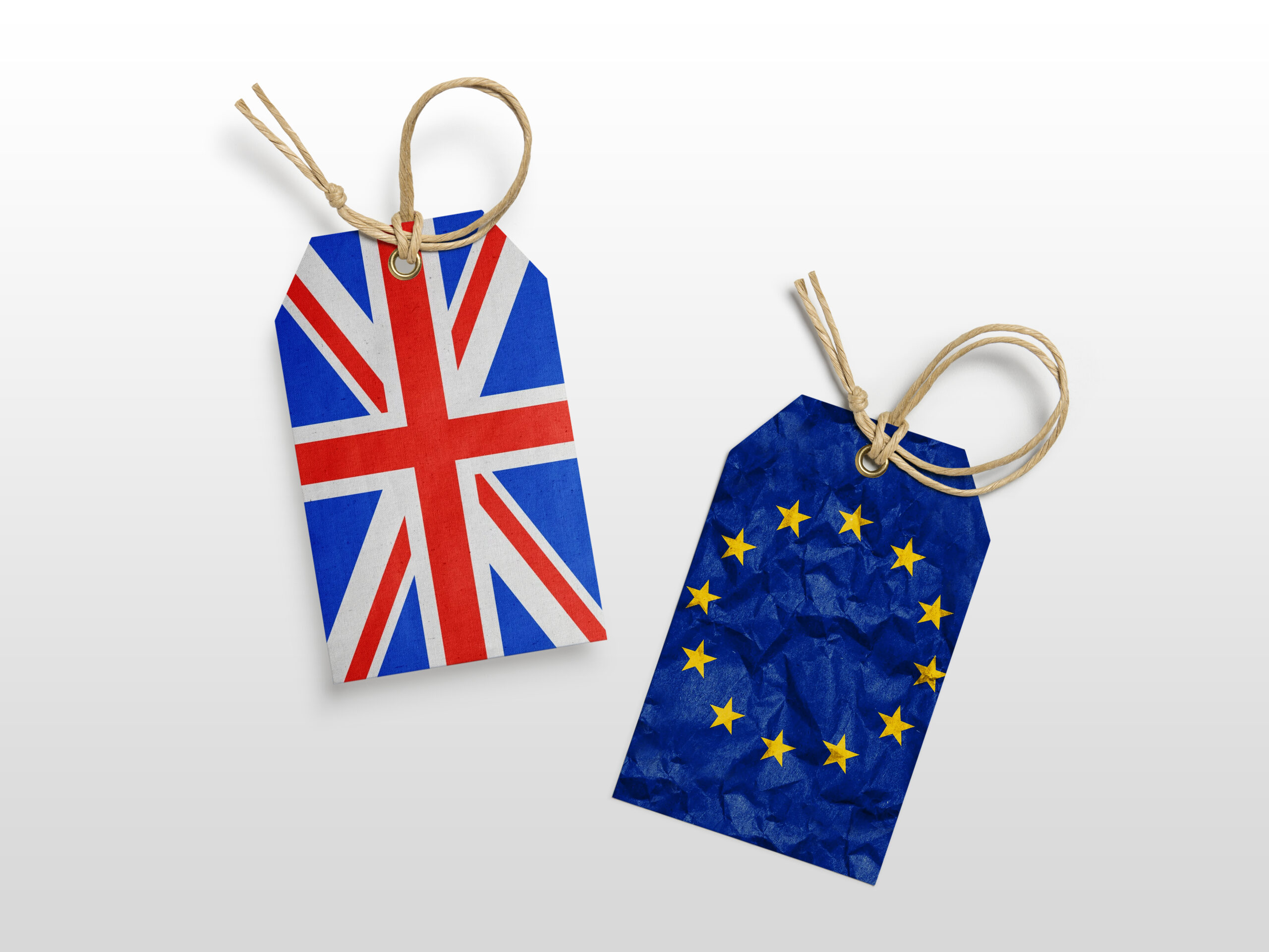What happens to database rights in the UK after Brexit? This article gives a brief overview about the current situation of database rights in the UK and the Post-Brexit situation.
Current Situation in the UK
Intellectual property rights relating to databases are currently governed by European Union law.
The legal protection of databases is quite strong in the EU. Back in 1996, Directive 96/9/EC, also known as the Database Directive, introduced a set of rules concerning the protection of databases in the EU. This directive, which is still in place today, defines a “sui generis” intellectual property right which is unique in the world. Specifically, the directive gives in Article 7 a property right to the “maker” of a database. There must have been qualitatively and/or quantitatively a substantial investment in either the obtaining, verification or presentation of the contents of the database. The right enables the maker to prevent extraction and/or reutilization of the whole or of a substantial part, evaluated qualitatively and/or quantitatively, of the contents of that database, i.e. the data in the database.
In addition to these sui generis database rights, the Database Directive also states that databases should be protected by copyright. However, this protection is not as strong as the protection under database rights, as the copyright does not extend to the content of the databases. Individual items of data in the database are generally not in themselves protected by copyright as the items normally lack any degree of “creativity”.
Post-Brexit Situation
What will happen to these database rights after Brexit?
Will the UK grant equivalent protection for databases in the future?
Existing database rights that were created in the UK or in the European Economic Area (EEA) before 1 January 2001 will continue to exist in the UK and in the EEA . This is set out clearly in the Withdrawal Agreement between the EU and the UK.
However, databases created in the UK on or after 1 January 2021 will not be protected by the European database rights in the EEA. There will be database rights solely for the UK and British legislation will be amended so that the database rights will only be granted to UK citizens, residents, and businesses. Businesses which are not registered in the UK should bear this in mind when they think about hosting a database in the UK after Brexit. Similarly, UK companies and citizens will not be able to claim any rights in the European Union to databases.
Copyright protection will still be available for databases, even those created by European businesses and citizens. However, copyright protection is not as strong as database right protection as it only relates to the selection or arrangement of the content of databases, but it does not extend to the content of databases.
Feel free to contact us if you have any questions and want to make sure to get the best legal protection for your databases.





